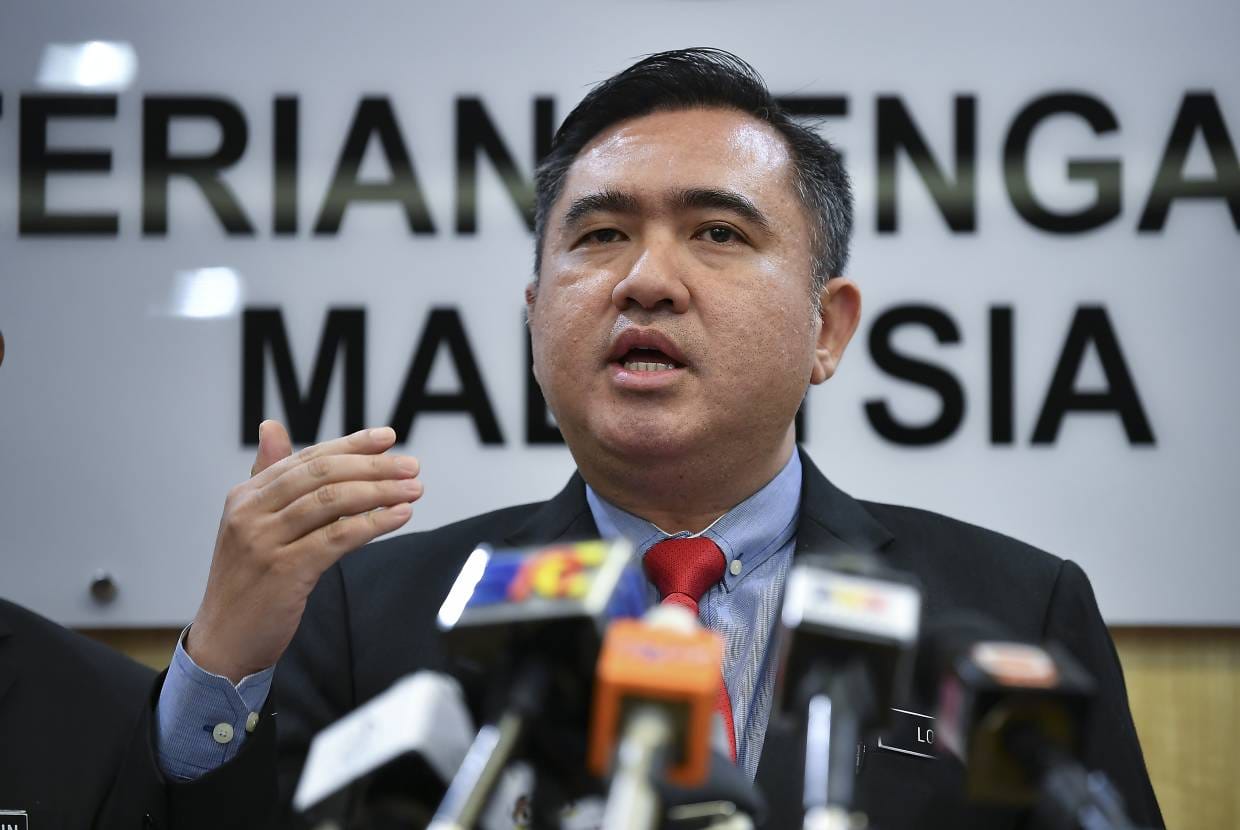KLIA Aerotrain Crisis: RM456 Million Upgrade Plagued by 19 Failures in 3 Months
The RM456 million KLIA Aerotrain upgrade has suffered 19 disruptions in just 3 months, forcing passengers to walk on tracks and raising serious questions about project governance, contractor accountability, and Malaysia's infrastructure standards.

A RM456 million (approximately USD 100-140 million) overhaul of a critical people-mover at the Kuala Lumpur International Airport (KLIA) has culminated not in a celebration of renewed infrastructure, but in a recurring nightmare of systemic failure, stranding passengers and exposing deep-seated issues in project governance and accountability .
The much-touted return of the KLIA Aerotrain on July 1, 2025, after a 28-month suspension, was short-lived. Early on the morning of October 28, the system failed yet again, forcing stranded passengers to disembark and walk along the tracks in the dark, carrying their luggage—a chillingly familiar scene . This was not an isolated event. Official data reveals the "new" system suffered 19 disruptions in its first three months of operation alone, a period in which the operator, Malaysia Airports Holdings Berhad (MAHB), paradoxically reported 99.19% operational availability .
A Recurring Failure, A Deepening Crisis
The October 28 breakdown was attributed to a failure in the power supply system, the same culprit behind an outage on October 15 . MAHB has pointed fingers at its contractors, a joint venture between IJM Corp Bhd and Pestech International Bhd (IPJV), which is responsible for the power distribution system, and Alstom, the project lead for the new trainsets . With the system still within its defect liability period, MAHB has stated the contractors are financially responsible for fixes .
However, this passing of responsibility has done little to assure the public or regulators. The repeated nature of these incidents, despite a lengthy and costly upgrade, suggests vulnerabilities that are foundational, not fleeting.
Accountability and the Specter of Enforcement
The political and regulatory response has intensified. Transport Minister Anthony Loke has publicly declared that "even a single disruption is unacceptable" and has directed the Land Public Transport Agency (APAD) to investigate MAHB . He has warned that the company could face fines of up to RM250,000 for each breach of its license conditions under the Land Public Transport Act 2010 . This move signals a shift from initial leniency to a more rigid demand for accountability from the government-linked company.
A Tarnished Gateway
The implications extend far beyond inconvenient delays. KLIA is Malaysia's primary international gateway, and its performance is directly tied to the nation's economic ambitions, including the upcoming Visit Malaysia 2026 campaign . The Aerotrain's persistent unreliability risks severely damaging Malaysia's reputation for competence and modern infrastructure, potentially deterring tourists and investors alike .
The situation represents a dramatic fall from grace for an airport once ranked among the world's best. From its 2nd global ranking in 2001, KLIA had slipped to 67th place by 2023, with the Aerotrain's woes being a significant contributing factor .
A Test of Resolve
The KLIA Aerotrain saga is no longer a simple story of technical glitches. It has become a critical test of Malaysia’s ability to manage and enforce accountability in its national infrastructure projects . The convergence of high costs, recurrent failures, and contractual disputes reveals a deeper malaise. For the millions of passengers who pass through KLIA, and for the nation's international standing, the question remains: when will this costly ride finally run smoothly? The answer will depend on whether regulatory threats translate into genuine, systemic reform.
